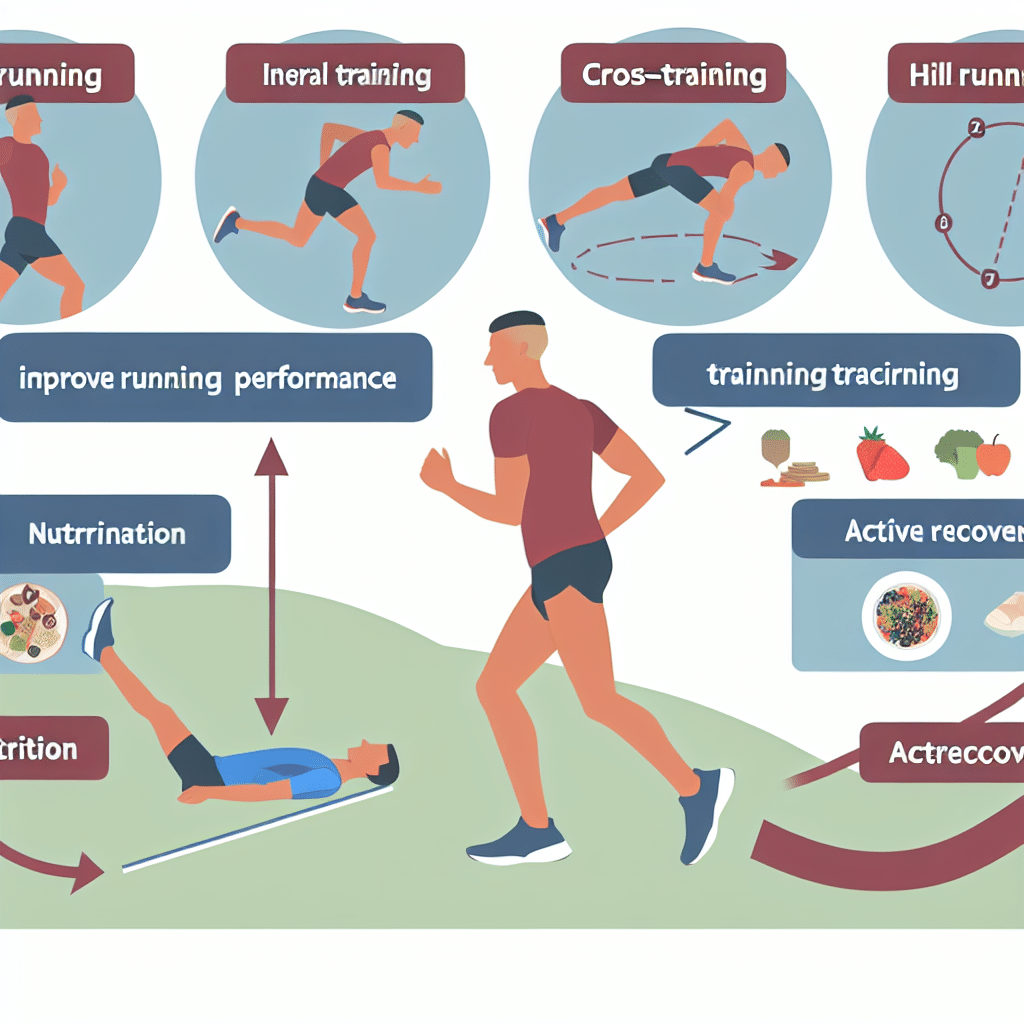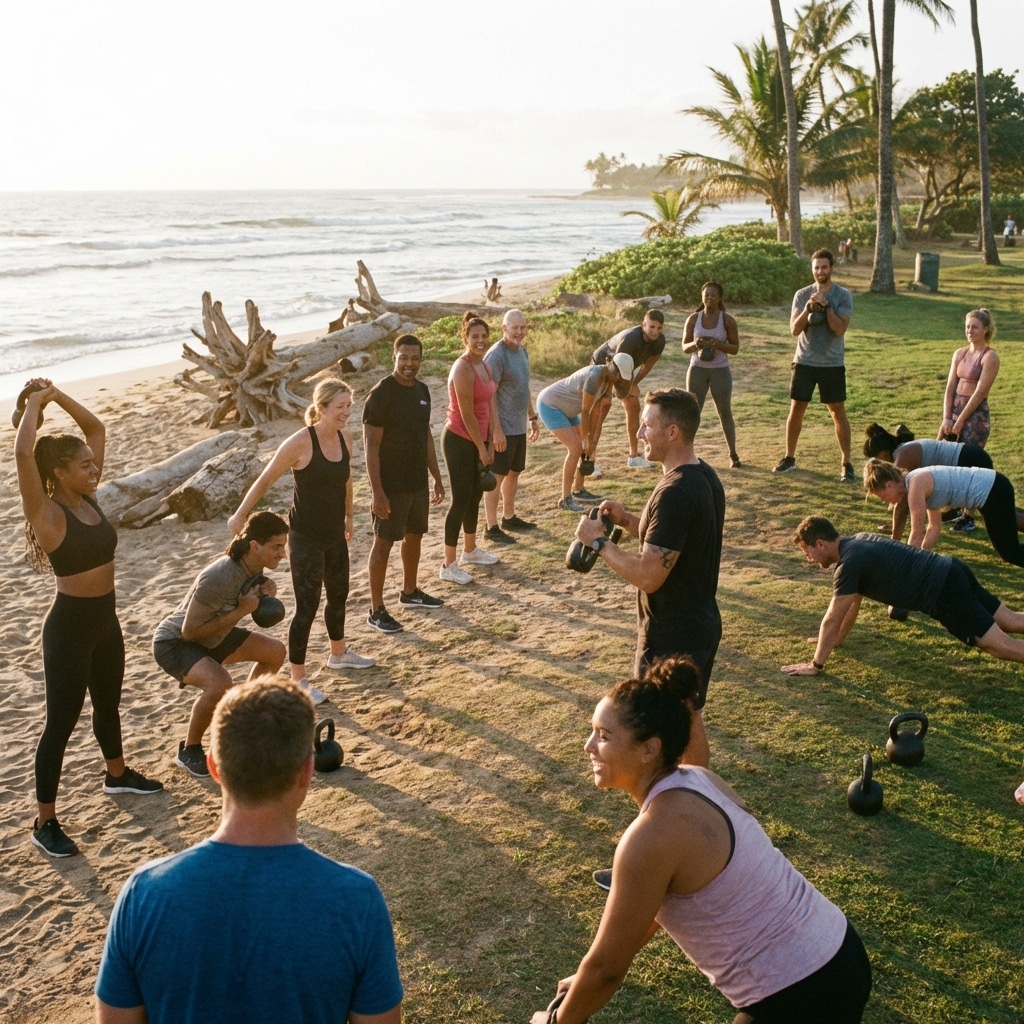Running—from 5Ks to marathons—is an activity many individuals from all walks of life find gratifying and beneficial. However, like any other sport or activity, there’s always room for improvement, no matter how proficient you consider yourself. So if you’ve recently wanted to improve your running speed, stamina, or overall performance, what can you do to get better at running? We’ve gathered a list of top strategies that can help you reach your goals.
Is Running Technique Important to Get Better at Running?
Yes, it is. An often overlooked aspect of running is the technique. The right technique can spell the difference between a mediocre runner and an efficient one.
Quality Strides Over Quantity
Avoid over-striding, which is when your foot lands well ahead of your knee. This can lead to decreased efficiency and increased risk of injury. Instead, aim for more quick, light strides with your foot landing gently below your knee.
Torso Position
Keep your torso upright and slightly leaned forward. This natural position allows for better oxygen intake and more efficient strides.
Arm Swing
Your arms should swing back and forth loosely from your shoulders, not side-to-side across your body. The motion should be synchronized with the opposite leg.
Training Strategies: Practical Ways to Get Better at Running
Interval Training
Interval training involves short, high-intensity running sessions interspersed with rest periods. This not only improves your running speed but also boosts your endurance and burns fat more effectively.
Cross-Training
Activities like swimming, biking, or weight lifting can improve your running by building strength and flexibility in muscles that running does not significantly work on.
Hill Running
Hill running boosts your leg strength and increases your lung capacity. Start with a gentle slope before challenging yourself with steeper hills.
Are Rest and Recovery Essential in Becoming a Better Runner?
They are essential. Achieving balance between training and recovery is pivotal to becoming a better runner. Overworking your body increases the risk of injury and can halt or reverse progress.
Adequate Sleep
Aim to get a good night’s sleep, especially after intense training days, as this is when muscle repair and growth happen.
Nutrition
Fuel your body with the right food. Carbohydrates provide energy, protein aids in muscle recovery, and adequate hydration helps in overall body function.
Active Recovery
This involves light exercises like yoga or walking on your rest days. This encourages blood flow to the muscles, aiding in recovery without overworking them.
In trying to get better at running, remember that progress isn’t linear. Some days may be harder than others, and that’s okay. What matters is continuing to strive for improvement and having patience with your pace. With the right techniques, training strategies, and a proper balance between work and recovery, you’ll find yourself gradually becoming the runner you aspire to be.




